The content of the article
Not all known duckweed belongs to perennial plants of the Aroid family, which have a number of healing properties. The duckweed lives in ponds and is characterized by amazing frost resistance - it can spend the whole winter under the ice and not die. Once the ice has melted, duckweed will rise to the surface. Being in the water, it usually releases quite a large amount of oxygen, so that the drinking quality of the water is significantly improved.
The miniature leaves of this plant contain a huge amount of protein, which makes it possible to use duckweed with success not only for medical purposes, but also for cooking for preparing salads and first courses. In its nutritional value, duckweed is similar to cereals. In terms of protein content, it is far ahead of potatoes. And the protein in it is many times more than in corn or rice crops.
Also duckweed is successfully used to fertilize the soil and crops growing in it.
Varieties of duckweed
The following types of duckweed are distinguished:
- Small. Its other name is swamp. This type is widely used in medicine.
- Three-parted. The main fans of this species are aquarists. Duckweed thickets are excellent for spawning - it is very easy for fry to get lost there. Three-lobed duckweed has a staggering growth, so it must be constantly thinned, otherwise it will take the entire aquarium in a very short time.
- Humpbacked - This variety also has a high breeding rate. Its stems contain a huge amount of fiber. Basically, this species serves as food for pigs, geese, chickens, fish and waterfowl.
- Common Rhizome. It is believed that this particular species is the progenitor of all the others.
- Wolfia rootless. You can meet her anywhere, even in the Moscow River! This is the smallest variety of duckweed.
Healing properties
The plant contains valuable B, C and E vitamins, minerals, bromine salts, tannins, iodine and amino acids, phosphorus, zinc, iron, therefore its main therapeutic effect is aimed primarily at strengthening bones, as well as the endocrine and nervous systems. Since ancient times, duckweed has been used to treat advanced forms of hemorrhoids. Chinese monks still use duckweed in the treatment of psoriasis. Very often, preparations containing duckweed leaves are prescribed for the elderly. With the help of duckweed they treat gout, asthma, duckweed is used in the treatment of glaucoma, with gastritis, rheumatism, etc. The plant is widely used for allergies. Duckweed tinctures can help in case of whooping cough diseases, cure sinusitis.
Duckweed also:
- possesses antipyretic effect;
- used as an antibacterial agent;
- used as an excellent choleretic;
- effective anthelmintic;
- has a decongestant effect;
- is an excellent pain reliever.
Indications for use:
- Alcohol tinctures using duckweed help to cope with diseases of the respiratory tract, chronic runny nose, bronchial asthma.
- Also, duckweed helps in case of mosquito or snake bites, burns.
- Pharmaceutical preparations containing duckweed are prescribed in cases of skin itching, urticaria, and diathesis.
- The composition of duckweed contains an anti-carcinogenic component, due to which drugs from this plant are used in the treatment of tumor diseases and erysipelas.
- Duckweed is often recommended for use in allergies, as it reduces the effects of certain substances on the body.
- Duckweed mixed with honey, in some cases, can cure impotence.
- Duckweed has an excellent astringent and helps to cope with diseases of the gastrointestinal tract. In diseases of the kidneys and liver, drugs with a high content of duckweed are also used.
- Duckweed is an excellent diuretic.
- In cases of malaria, tincture from duckweed leaves is sometimes used for treatment.
- In cases of skin pigmentation, preparations with duckweed have a beneficial effect on white spots - their number is significantly reduced.
- In the case of advanced dystrophy, duckweed is used as an additional source of protein.
- Duckweed also improves the immune system, so quite often it is prescribed as a prophylaxis of various diseases.
Contraindications
There are no special contraindications in the use of drugs containing duckweed. Unless people prone to nervous disorders and sudden mood swings should refrain from drinking teas and dietary supplements containing duckweed. Despite the fact that the plant has a calming property, in case of an overdose, it can have the exact opposite effect. With vegetovascular dystonia, it is also not recommended to use drugs with duckweed.
Individual intolerance, pregnancy and lactation are also causes of contraindications.
Recipes
- For rheumatism, poultice is made using duckweed: crushed leaves of the plant are poured into gauze, dipped in boiling water for a few seconds, cooled, and then applied to the right place.
- For allergies: duckweed leaves are crushed to a powder state. Take medicinal powder should be only 1 tsp. 3-4 times / day.
- Also, with allergies, as herbalists assure, it is quite possible to take tincture. The recipe is quite simple: 1 tbsp. l duckweed is poured with a mug of vodka, then it is infused for at least a couple of weeks. It is necessary to breed 10 drops per glass of warm water, drink 2-3 times a day.
- For diseases of the upper respiratory tract: 1 teaspoon of powdered herbs is brewed with a glass of boiling water, cool. When the tincture becomes room temperature, it is recommended to gargle it.
- With warts, the lesions are lubricated with fresh duckweed juice until the rashes completely disappear.
- With angina, you can inhale using duckweed or prepare the following composition: 1 tablespoon of dried duckweed leaves is poured with a glass of boiling water, simmer for 10 minutes in a water bath. The solution cools, filtered. It should be taken 3-4 times a day, half a glass a day before meals (adult) or 1 teaspoon (child after a year).
- For mosquito bites: prepare a tincture of dried duckweed leaves in vodka (100 ml of vodka per 1 tablespoon of the plant). Then pour into a dark glass dish and let it brew for a week in a dark, cool place. Strain and use as needed.
- With a severe cold: melt the butter in a pan, cool. Mix with dried duckweed leaves in a 1: 1 ratio. Use to lubricate the sinuses if necessary.
- In chronic tonsillitis: tincture of duckweed and alcohol is prepared, the ratio is 1: 1. Then 25 drops of infusion are diluted with a glass of warm water and taken orally.
- In case of burns or boils, it is recommended to proceed as follows: a tablespoon of duckweed leaves is poured with a glass of alcohol, aged for a week. Next, the resulting solution is added to water in a ratio of 30 drops per glass of water. Infusion lubricates burns and boils.
- With bronchitis, you can use the following traditional medicine recipe: 1 tbsp. dry carefully chopped grass pour a mug of water. Next, just boil for a few minutes, after which we let it brew for a couple of hours. We filter and drink 3 times a day for ½ cup. If you don’t like the taste at all, you can add a little honey if you wish.
- With difficulty urinating: 2 tsp. medicinal herbs, take boil in a mug of boiling water and consume about half an hour before meals 3 times a day.
- At the first signs of impotence, it is recommended to prepare the following infusion: mix a small amount of duckweed with honey, in a one to one proportion. Roll the balls from the finished mixture. Take a few per day. This recipe is recommended for use even as a prophylaxis.
- With hemorrhoids, it is recommended to do enemas once a day with diluted duckweed infusion: a pinch of dry grass is brewed in a mug of boiling water, it is cooled, filtered and applied. An enema treatment should be carried out for a month.
Blanks
They collect duckweed at the end of summer, closer to autumn - by this time she just has time to collect the necessary amount of nutrients and vitamins. For convenience, when collecting duckweed, a net with a very fine mesh or gauze is used. The collected plant is thoroughly washed, and then dried in a shady place. When the duckweed has dried, it is laid out in canvas or linen bags and stored for no more than 1 year.
Video: beneficial properties of duckweed

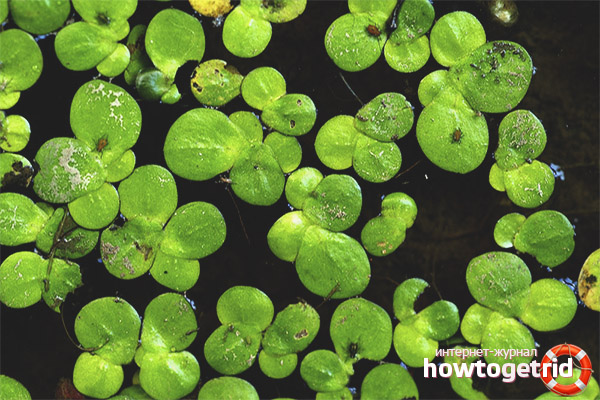
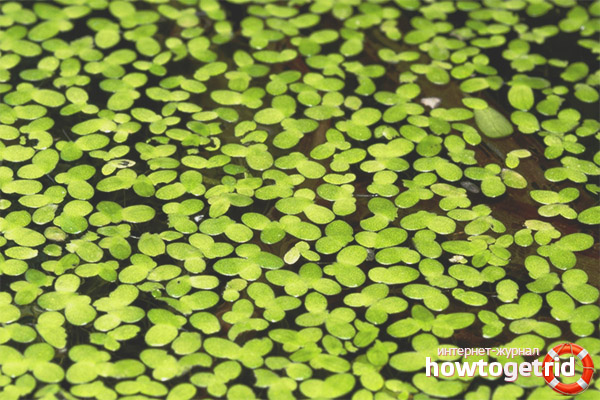
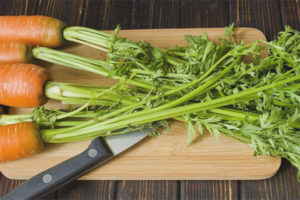
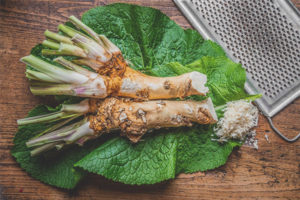
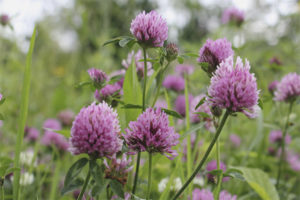
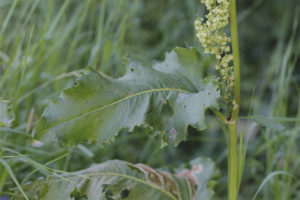
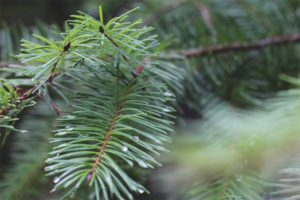
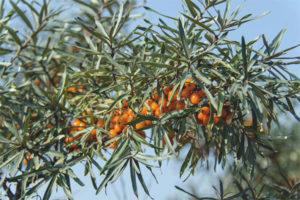
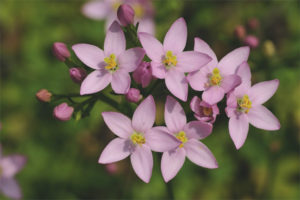
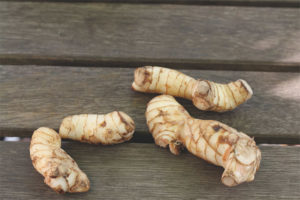
Submit